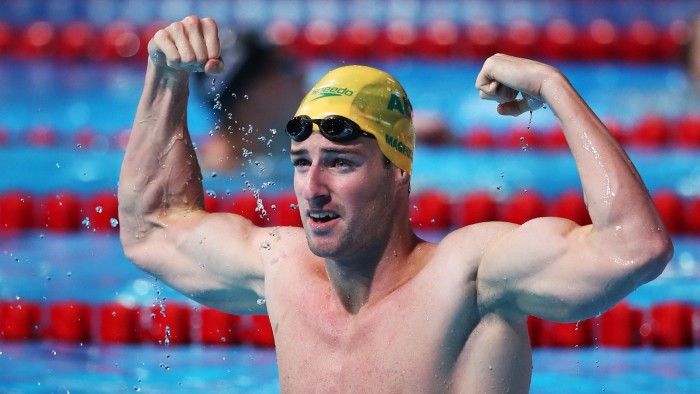Unlock the Editor’s Digest for free
Roula Khalaf, Editor of the FT, selects her favourite stories in this weekly newsletter.
Pumped up Olympics are on. Next year sees the inaugural Enhanced Games — literally, sports on steroids — in Las Vegas. It is not just ripped bodies that will be on show. The event spotlights the growing interest in pharma not just as a cure for bodily ills, but also as a way to enhance human performance.
For evidence, just take a look at the backers of this event. In addition to Donald Trump Jr, they include billionaire adherents of transhumanism — the idea that technology can help humans transcend their normal limits — Peter Thiel and Christian Angermayer, whose holdings include biotech Atai Life Sciences.
Performance-enhancing drugs come in many flavours. Steroids, which will take centre stage at the Enhanced Olympics, are at the established end of the market. They ape the effects of the male hormone testosterone, and are staples of pharmaceutical manufacturers for legitimate uses.
At the more speculative stage are psychedelics, which backers hope can treat depression and other mental health issues. Biotechs exploring the potential use of ketamine and mushrooms have plunged since coronavirus-induced highs. Atai Life Sciences is roughly one-tenth of its 2021 peak; Mind Medicine and Compass Pathways are not faring a great deal better. That broadly tracks the performance of the biotechnology sector as a whole.
The scientific community is split as to the efficacy of psychedelics in treating mental health disorders. But assuming they prove successful and pass muster with regulators, a large market awaits. Some 17 per cent of adults in England were on antidepressants in 2017-2018; a similar number were taking mental health medication in the US, based on national surveys. Trends suggest these numbers will be even higher now.
Regulators in the meantime appear to be getting on board gradually, helped perhaps by the so-so record of more traditional medications, and clinical trials are moving ahead. Johnson & Johnson this year won regulatory approval for esketamine, a more potent version of ketamine, delivered via nasal spray to treat adults living with major depressive disorder who have been failed by oral drugs.
Several treatments in Atai’s portfolio are in phase 2 trials, designed to determine effectiveness and safety using bigger groups of people. Developers like Compass, which has developed a synthetic psilocybin (magic mushrooms) to treat disorders including PTSD, have plans in place for distribution once regulators give the green light. Also noteworthy is funding; both Atai and MindMed have cash and other liquidity to carry it through 2027.
Sure, this is future world stuff and veers uncomfortably into “alternative” territory. But it stands to fill a need — more than can be said for steroid-fuelled jocks fighting it out for supremacy in Las Vegas.
